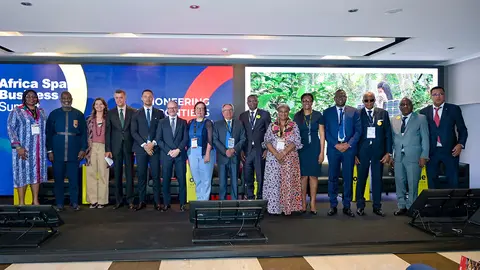Information, the key to reducing the perception of the risk of investing in Africa
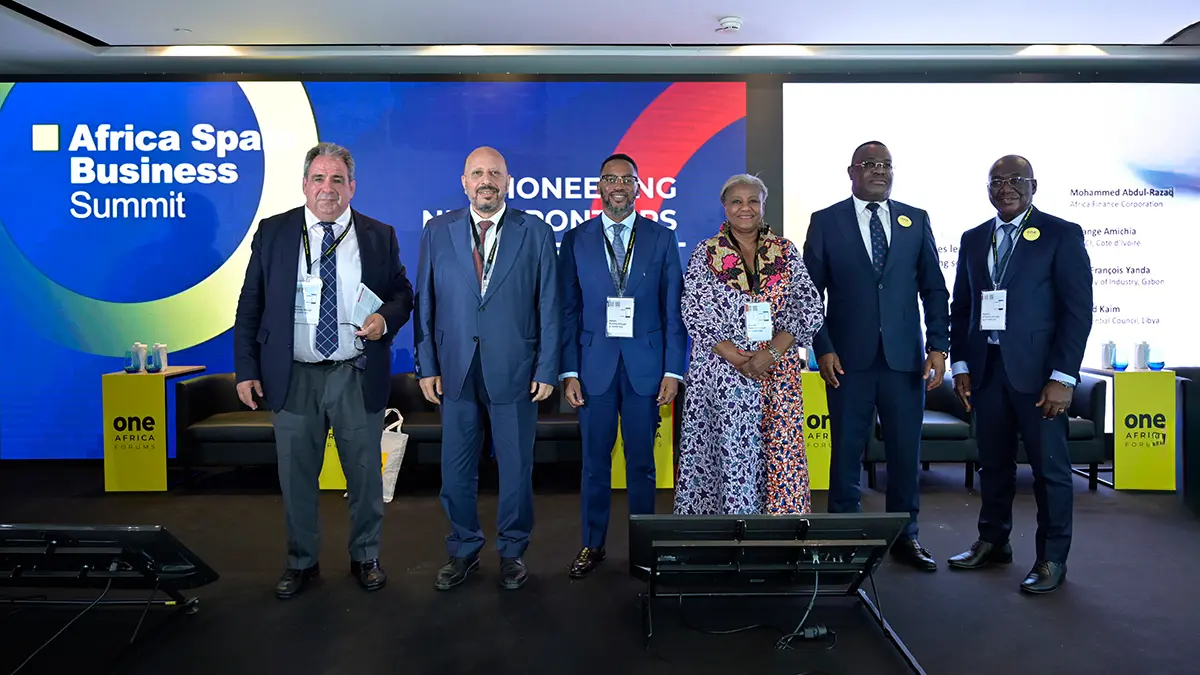
Ana de Vicente Lancho, Director general for the Mediterranean countries and the MENA region of the Spanish State Secretariat for Trade, made a presentation on the strategic partnership between Spain and Africa.
De Vicente pointed out that "progress has been made, things have advanced compared to a few years ago. Spanish companies started investing abroad in the 90s, a little late, and turned mainly to Latin America. Only recently have they been extended to Africa, and in this the support of the government has been key.”
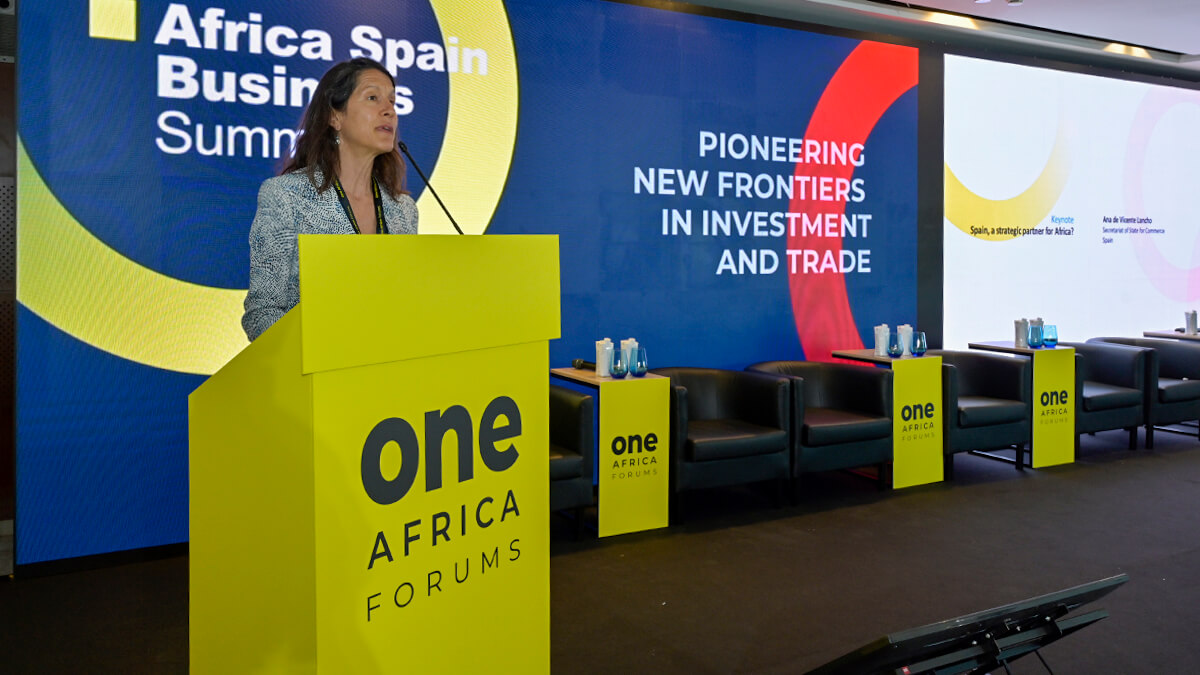
The Secretary of state stressed that “our exports to Africa have grown exponentially in the last 20 years, up to 34,000 million euros in 2023, although most of them are concentrated in North Africa. This continent represents 5% of what we export to the whole world, which means that we export more to Africa than to Latin America.”
The head of Commerce explained that there is a need to improve in the aspect of investments: “in 2022, only 1% of total Spanish investments were dedicated to Africa, for various reasons such as risk perception, lack of interest, lack of information ...”.
De Vicente also mentioned the Horizon Africa initiative, launched by the Ministry three years ago, and which was committed to increasing interest in the region, “because our geographical location is privileged, as a bridge between Spain and Africa. Spain had not been present in Africa like other countries, that's why meetings and visits have been organized that have led to new alliances that have strengthened relations with our partners. We have launched a non-refundable fund for the financial technical assistance of projects by Spanish companies...”.
One barrier that investors need to overcome is the perception that there was a very high risk in Africa“ "but once companies have been present, this perception has been reduced by 50%. We have to discover Africa, we have to travel, talk to them in French, visit West Africa”"
According to De Vicente “information is key to reducing the perception of risk, and not acquired through virtual conferences, but on the ground, because trust is a key aspect in Africa.”
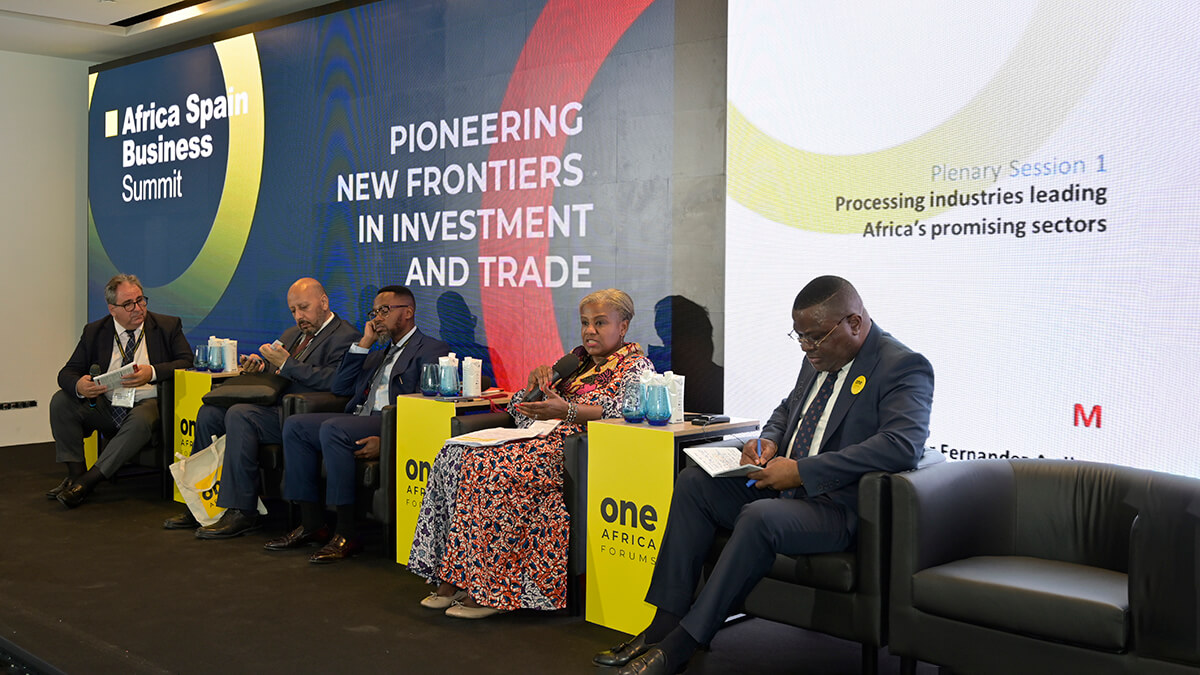
Transformation industries lead Africa's promising sectors
The next session was dedicated to the processing industries, which are at the forefront and can significantly improve trade and investment between Africa and Spain.
The panel, moderated by Javier Fernández Arribas, director of Atalayar, was attended by François Mbongo Rafemo Bourdette, Minister of Industry of Gabon; Khaled Kaim, Senior Advisor of the Presidential Council of Libya; Mohammed Abdul-Razaq, Senior Vice President and Head of Capital Mobilization and Partnerships of the Africa Finance Corporation; and Solange Amichia, CEO of CEPICI, in Ivory Coast.
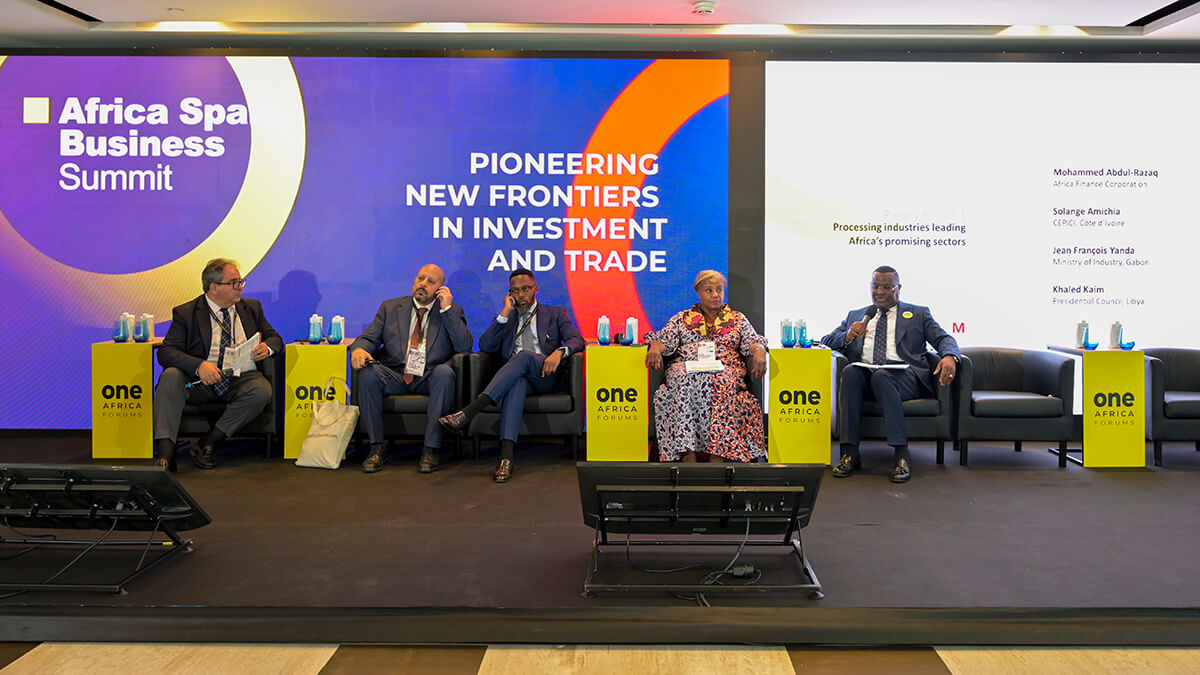
For Solange Amichia: “Ivory Coast is the gateway to the West African market. The Government's goal is for the country to become an intermediary for the development of the digital economy. Digitalization is the key to Africa's momentum. Looking ahead to 2025, it is expected that Ivory Coast will develop industry and the creation of a social health insurance, as well as a better distribution of energy.”
Regarding the processing industries, Solange highlighted the importance of the export of minerals, which is the country's growth lever and is included in the National Development Plan with a value of millions of dollars, for which the private sector will be needed, including the Spanish private sector.
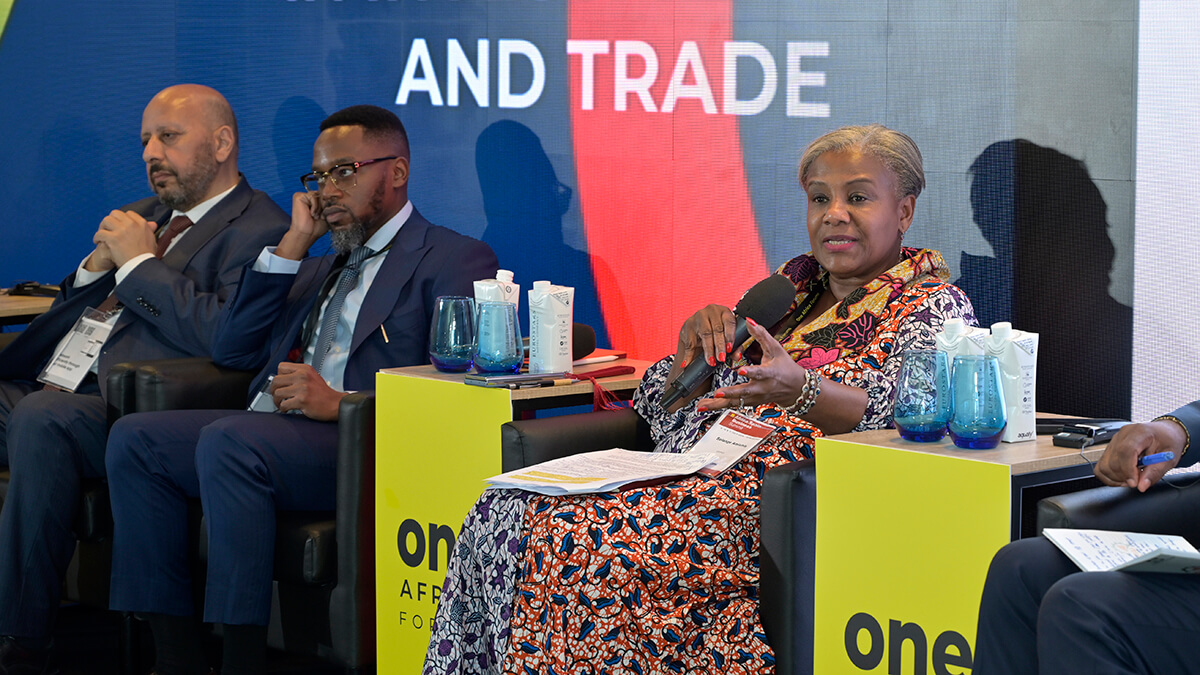
"Spain has opened the doors of Europe to us, from the seed to the final product. Ivory Coast's ambition is to prioritize food security and to be a fruit and vegetable exporting country for other regions," she concluded.
In the same vein as the Ivory Coast, Gabon has also mobilized investments of more than 3,000 million dollars so that the private sector can benefit, according to its Minister of Industry, François Mbongo Rafemo Bourdette.
To develop Gabon's potential, the minister prioritized the growth of the industrial sector with the creation of thousands of jobs: “Gabon's industrial zone is Net-Zero. We are the first oil exporters in the region, the first gold producers in the region and pioneers in transformation. All within a national plan. It is hoped that we will also be able to improve transport and railway infrastructure to make it a strategic sector of the country, which is so badly needed.”
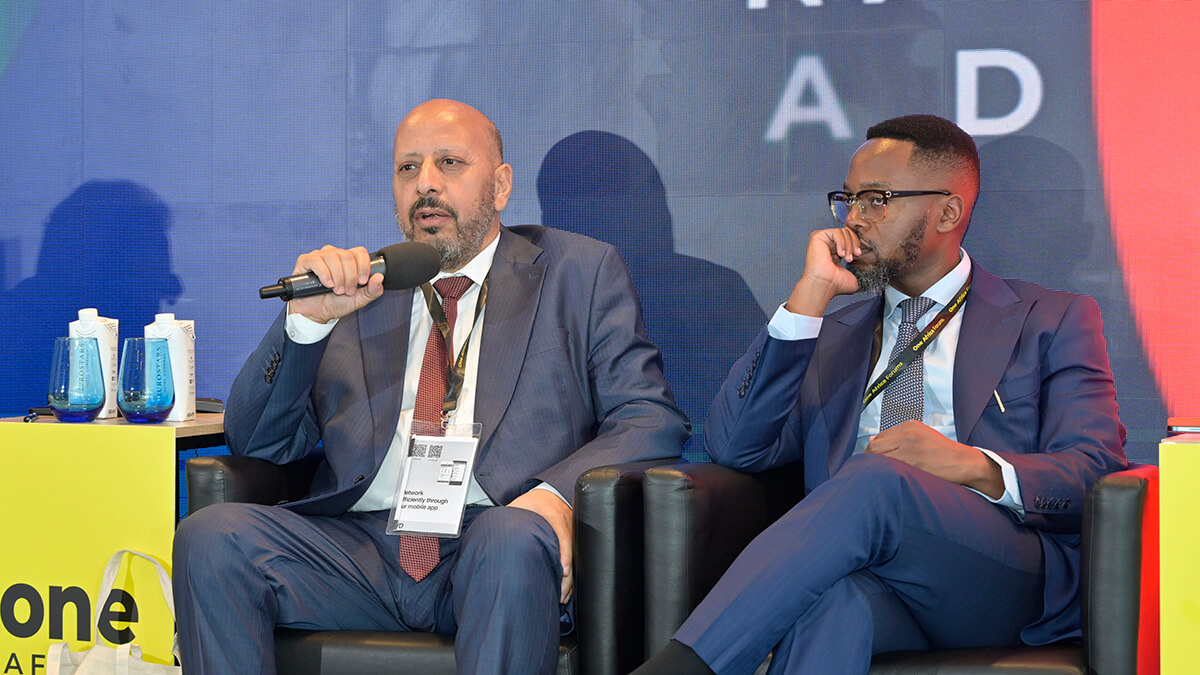
For his part, Khaled Kaim, Senior Advisor of the Libyan Presidential Council, stressed that "Libya is the gateway to the Mediterranean and Europe, it is a country with more than 30 years of union. The problem of Africa is based on the manufacturing system and the processing industry. Without trade, Africa will not be able to improve in the industrial sector. The concern of the African people is palpable”"
Another problem that also affects the image of African countries is corruption. For Kaim, “The problem of corruption is very serious. Communication skills need to be improved. We have the resources, but the problem is structural."
The minister also stressed that "Libya has numerous Spanish companies. The only thing missing is that there is a direct flight between Madrid and Libya. Agriculture is, along with minerals, two key sectors between Hispanic-Libyan relations. But it is necessary to accompany them with infrastructures."
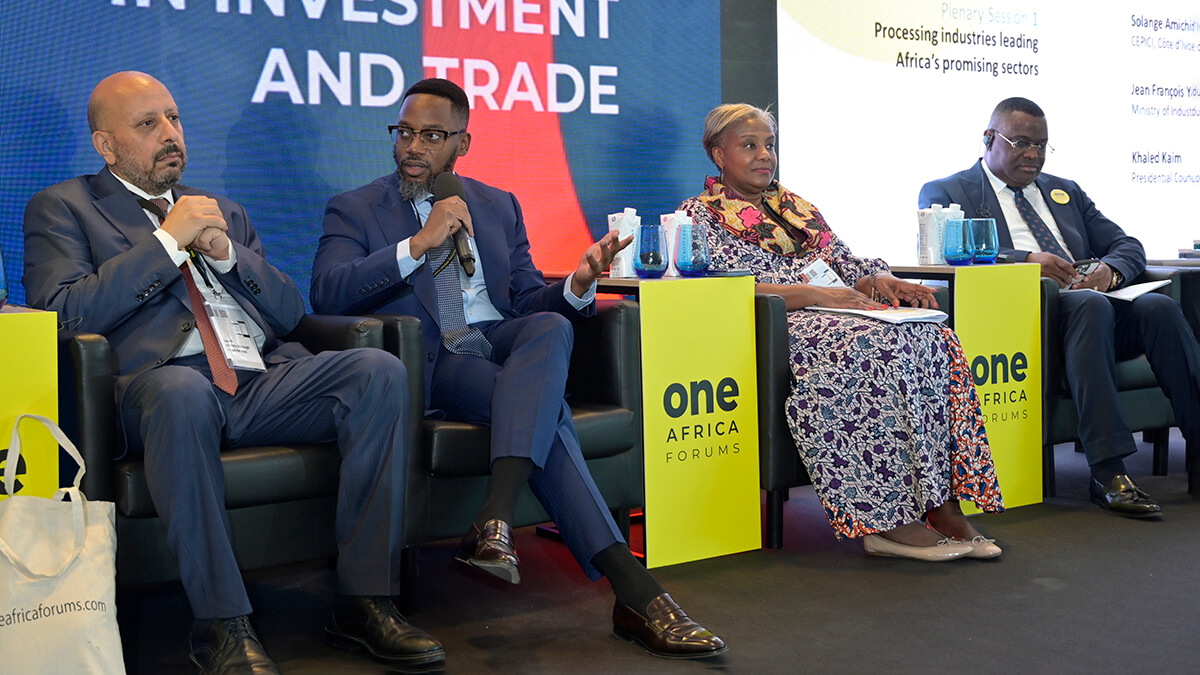
For Mohammed Abdul-Razaq, from Africa Finance Corporation“ "Europe and Spain together are stronger as Africa's partners. Africa has suffered from a process of relocation that can only be alleviated with the investment of foreign partners.” For Abdul-Razaq, Africa is suffering from competition from Southeast Asian countries that, in addition to industries, have investors: “African countries currently only have industries; we need investors.”

